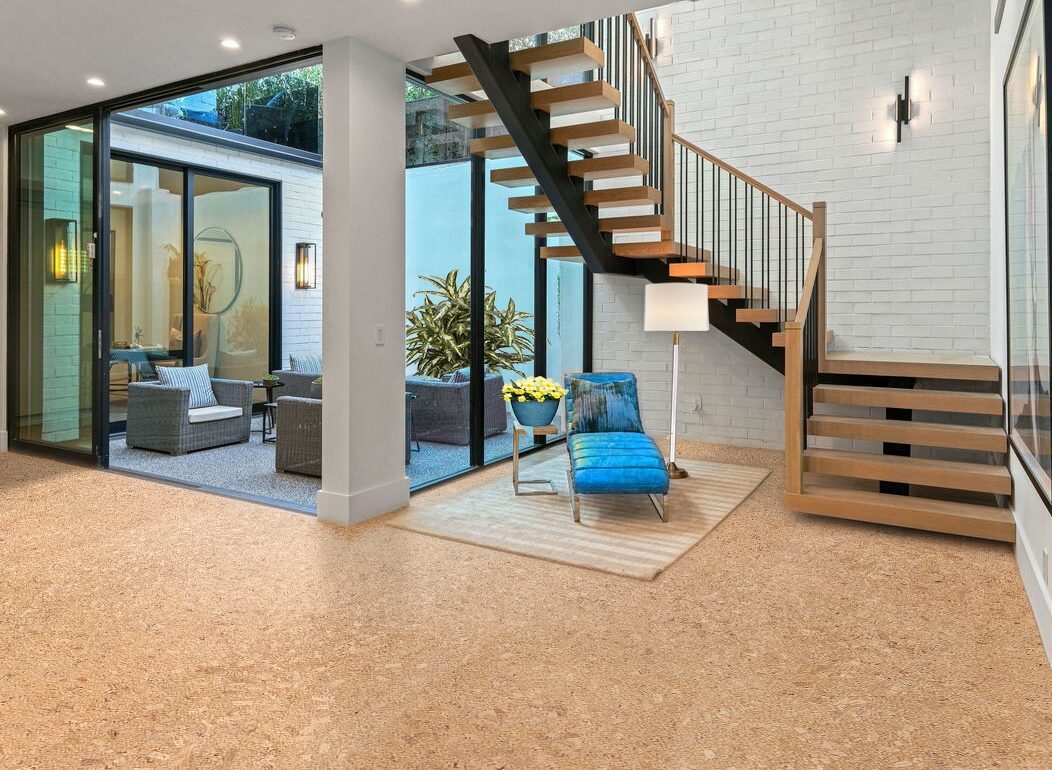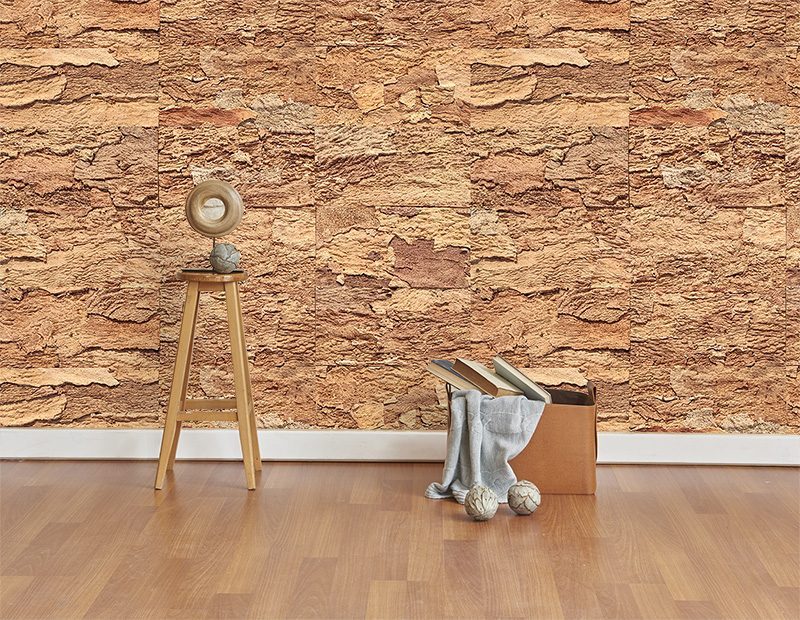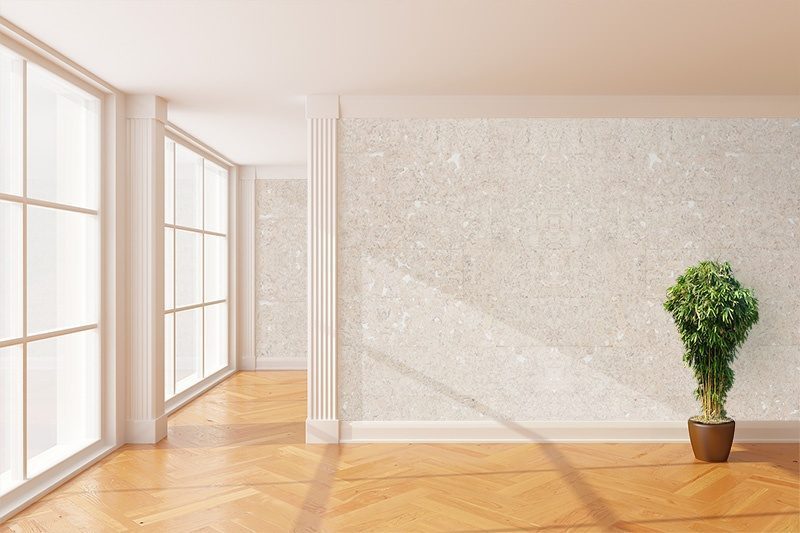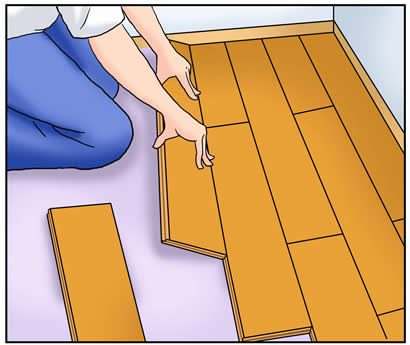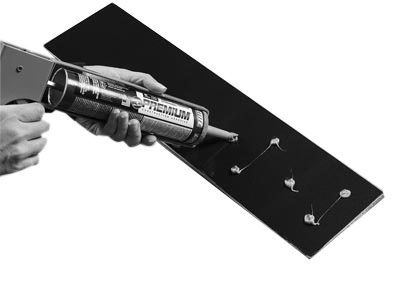Cork Flooring for your Bathroom
Cork floor has many advantages that can be beneficial as bathroom flooring. There is a natural chemical in cork that is called Suberin; a very waxy substance that gives cork its water proof properties. Suberin has been scientifically proven to repel insects, bacteria, mold and mildew. And no grout lines to clean.
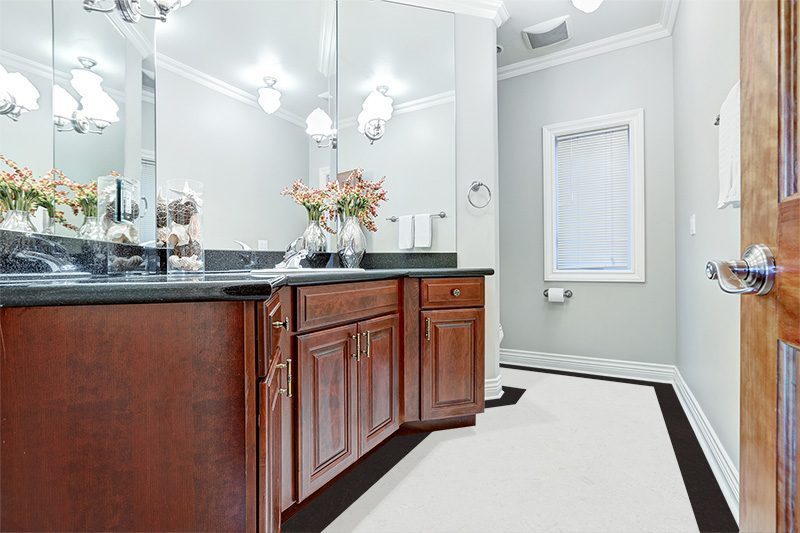

The most appropriate application in a bathroom is the cork glue down tiles. These tiles come in varying thicknesses. The most common thicknesses are 4mm (1/8 inch) and 6mm (1/4 inch). Cork glue down tiles are made up of 100% cork – top to bottom – so there is no risk of water damage or swelling when exposed to high levels of moisture or liquids.
Forna glue down tiles come in more than 14 different colors and patterns. The required adhesive, Wakol D3540 Cork Adhesive, is a water based contact cement adhesive that is 100% Formaldehyde and VOC free. Once installed, the cork tiles must be sealed with Loba Supra 2K AT water based polyurethane or a Forna approved substitute.
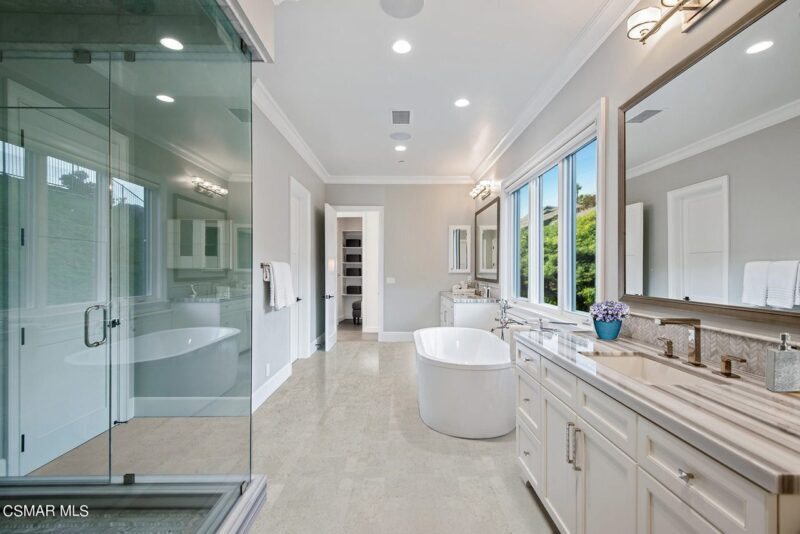
Appropriate subfloor material includes concrete, cement backer board and subfloor grade smooth-side-up plywood. The subfloor must be smooth, patched, sanded and cleaned prior to installation. In moist environments, we recommend the use of galvanized screws or galvanized ringed nails be used to secure the subfloor to the substrate. Using galvanized metals will reduce the chances that the fasteners will rust when exposed to cement leveling compounds, planipatch or other forms of moisture normally found in wet areas.
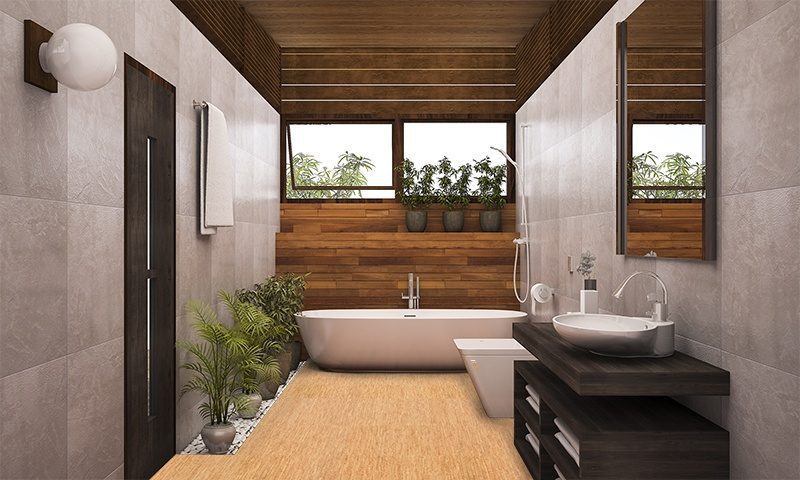
All forms of old flooring must be removed; including painted materials and old adhesives. In some instances, under the guidance of a professional tile setter or flooring professional, ceramic tiles can be cemented over using quick set or self-leveling cement compounds. These compounds must be made up of Portland based product. Contact your local Forna representative before using any product not listed on the website.



